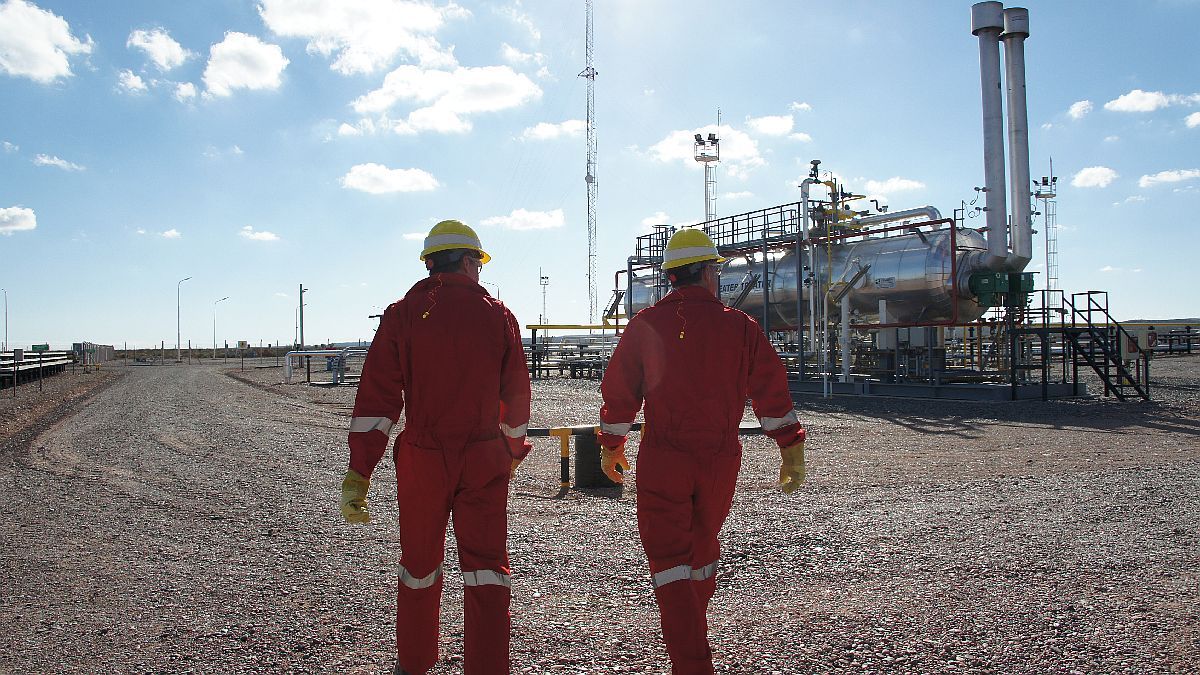Change to RIGI: this is the change included
In this way, it is intended that, in the event that a foreign company launches an investment program in Argentina avoid import machinery, equipment, goods if there is a competitive local offer. Thus, it seeks to respond to a claim of local businessmen.
Furthermore, the benefited group or company must present an estimate of direct and indirect employment positions with estimated local integration and a development plan for local suppliers.
RIGI: the position of the ruling party towards local inputs
From the point of view of the ruling party, the idea is that the market regulates these types of relationships. In other words, If the local industry can supply at competitive values, it would not be necessary for the RIGI to incorporate them.
This addition is one of the concessions that he gave from the ruling party to be able to add more will in the Upper House. Likewise, it is understood that, once the debate begins in the venue, new changes are introduced in the article-by-article treatment.
Anti-Buy Argentine Clause
It is worth mentioning that, in recent decades, in Argentina there were different regimes aimed at promoting the activity of local companies within the regulation of State purchases or infrastructure projects tendered by the Government in charge of private businesses.
These schemes gave SMEs a price preference in tenders, so that the State or the private company is obliged to buy from an Argentine supplier in case of equal price or one slightly higher.
But this will not apply to RIGI companies: the law determines that members, including those whose projects are declared Long-Term Strategic Exports, inapplicability of any rule or restriction that “obliges them to acquire inputs from national suppliers under conditions less favorable than market conditions, without this preventing the provinces and the Autonomous City of Buenos Aires from promoting and implementing policies for hiring local suppliers under market conditions.”
Benefits
The benefits for companies are of two types: fiscal and exchanges. He second aspect raises many doubts among analysts given that stability of 30 years is promised and the The question is whether Argentina is in a position to assure an international company that it will not have restrictions on taking its dollars out of the country for three decades.knowing the history of devaluations, corralitos and stocks of the last 40 years.
Likewise, among the exchange incentives, it is proposed that in the first year companies are exempt from settling exports in the Single and Free Exchange Market for 20%in the first year, in the second 40% and in the third year 100%. When it comes to strategic projects, the schedule is anticipated one year.
From the fiscal point of view, meanwhile, An Income Tax rate of 25% is established, accelerated depreciation of assets, and that the amounts paid for the check tax may be used to pay off balances of this tax.
In the case of VAT, when the company receives an invoice, it can pay it with tax credit certificates. They will not pay import duties, nor withholdings for their exports.
No province or municipality may apply any tax to operations, transfers, sales, locations, benefits or any other economic relationship between the company and its members. They will be able to keep accounting in dollars.
The illusion of fiscal and exchange stability
Talking about the fact that for 30 years in Argentina there will be no changes in taxes or that there will not be any devaluationor stocks or corralito seems an illusion that has little support in reality.
This is why some specialists recommend make limited use of the RIGI, focused on only a few strategic projects, whether hydrocarbons or large mining projects, such as copper.
In the heads of the economic authorities The development of Vaca Muerta is listed as a priority. In order to export gas, liquefaction plants are required, that allow the element to become liquid, put it in a tank and transport it by ship.
The European market seems to be the biggest target, to the extent that it cannot count on gas from Russia and the process towards the decarbonization of the economy is accelerated. Plants of this type require investments of no less than US$4,000 million and take a couple of years to build. It is evident that a foreign company has to do it,
A warning about the use of RIGI
One of the lawyers with the most experience in energy issues in Argentina, Pablo Rueda, from the Martínez de Hoz & Rueda Studio, recommended that Javier Milei’s government make limited use of the RIGI to avoid international trials.
“If I am going to guarantee tax, exchange and regulatory stability, if I am a serious government, I guarantee it to very few projects.” “But after v“I’m going to have to pay the bills when the government changes.”he explained.
The expert warned that “if we complain about how the YPF control package was nationalized, which is criticizable, We have to think now if the country is going to give guarantees that it will not be able to fulfill, “They are going to be very expensive because they have international arbitration.”
However, he indicated that “It is very good to have RIGI for the hydrocarbon sector although it has to be used only to achieve projects that place it at an international level and not give it to everyone.”
“If we give it to everyone, first we are going to encourage that when the next government comes, it does not respect it.. We are going to create a new cataract of lawsuits that are going to be very expensive and the RIGI is not going to be useful,” he said. The lawyer was clearer when maintaining that “The RIGI is useful if it is small, it is not useful if it is large.”
Source: Ambito




